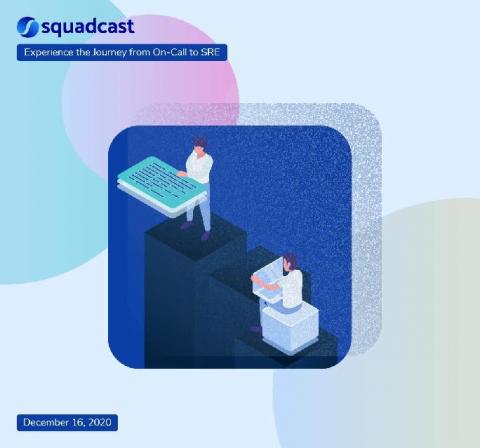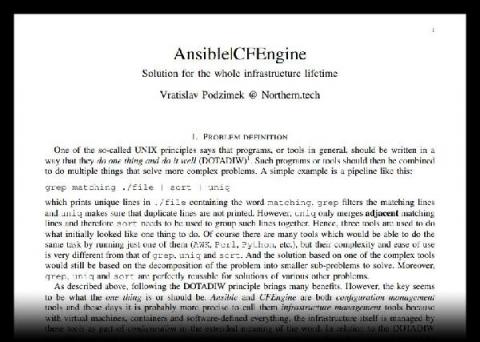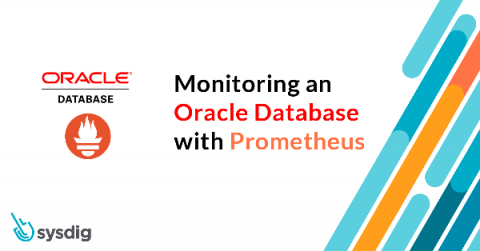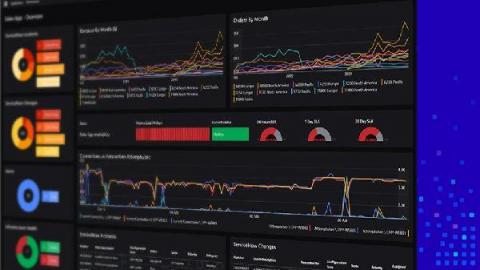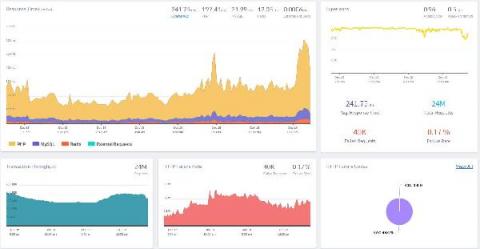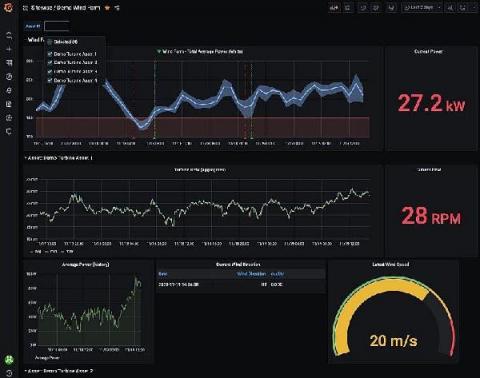Server performance indicators in Uptrends
Website, web application, and API performance is everything. Many factors contribute to performance, such as network latency, use of performance-enhancing practices (use compression), minimizing server requests, and the strength of responding servers and their supporting infrastructure. If server performance is slipping due to load or age, you can find the signs in your reports.





